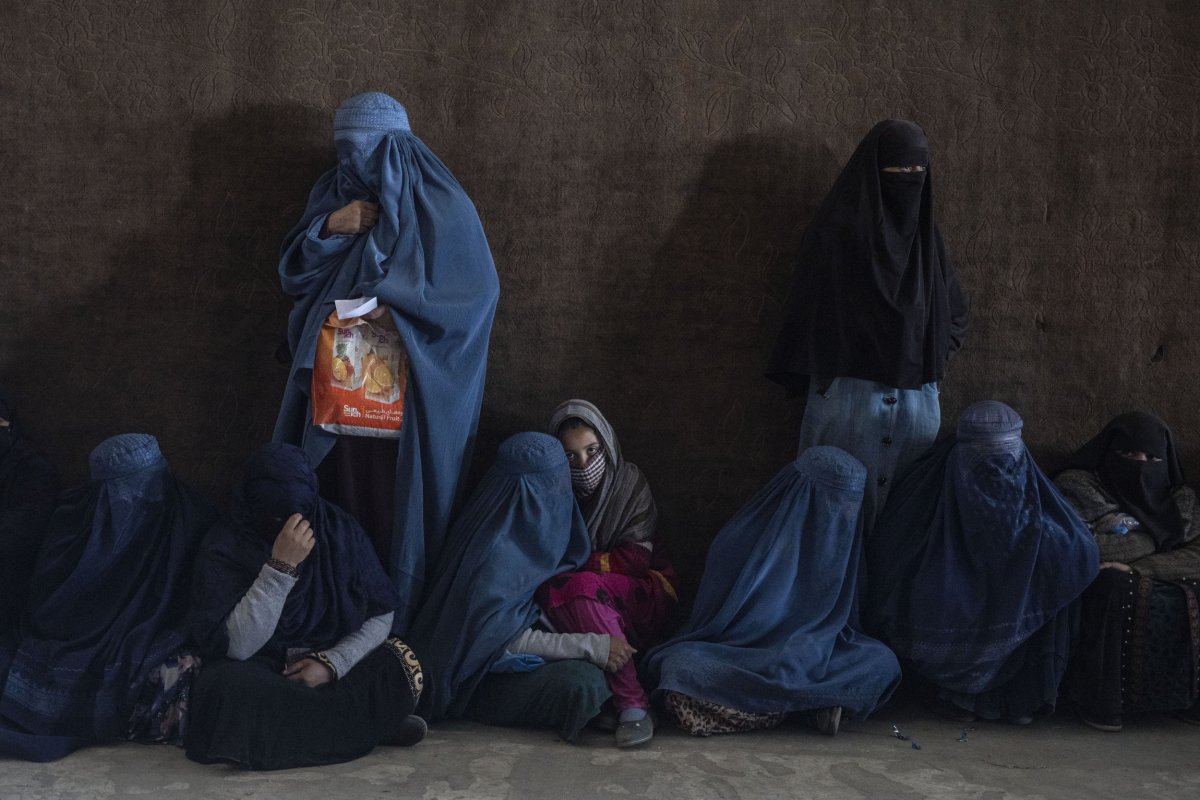The European Union (EU) has condemned the Taliban‘s reported decision to suspend medical education for women and girls in Afghanistan, calling it a severe violation of human rights.
Media reports revealed that the Taliban‘s leader had issued an order halting medical courses in both public and private institutions across the country.
The Taliban, however, has neither confirmed the order nor responded to the reports.
Newsweek has reached out to the Afghan Ministry of Education for comment via email.
What Does This Mean for Women’s Access to Education?
This latest development follows a series of increasingly restrictive policies by the Taliban since their return to power in August 2021.

Ebrahim Norooz
In September of that year, the Taliban banned education for girls beyond grade six, and in December 2022, they extended the ban to women in universities.
Medical education, particularly in fields including nursing and midwifery, had been one of the few remaining opportunities for women to continue their studies.
The suspension of medical education has compounded the restrictions on women’s education in the country.
How Will the Ban Affect Afghanistan’s Medical System?
The BBC and other outlets reported that five institutions across Afghanistan had confirmed the suspension of medical courses for women.
Women training as midwifes and nurses were reportedly ordered not to return to their classes on Wednesday.
These courses had been critical in providing opportunities for women to contribute to Afghanistan’s health sector, particularly in a country with a severe shortage of health care workers.
The suspension is expected to have a long-lasting affect on the health care system’s ability to serve women and children, who already face limited access to medical care.

Petros Giannakouris/AP Photo
EU Decries the Impact of the Ban on Afghan Women’s Rights
The EU issued a statement expressing its strong condemnation of the reported policy.
“The European Union expresses its strong concerns over this decision and its far-reaching implication, including the deepening of the humanitarian crisis in Afghanistan and the exacerbation of the suffering of its people,” the statement said.
It highlighted the broader implications of the move to ban females from studying medicine, particularly how it could worsen the already dire humanitarian situation in Afghanistan. The ban also risks leaving women without crucial opportunities to contribute to their communities.
The EU called on the Taliban to reverse its decision, urging a return to education for all women and girls.
The international community has widely condemned the Taliban’s restrictions on women’s rights, and many organizations, including the EU, have continued to pressure the regime to respect the basic rights of Afghan women.
This article includes reporting from The Associated Press
